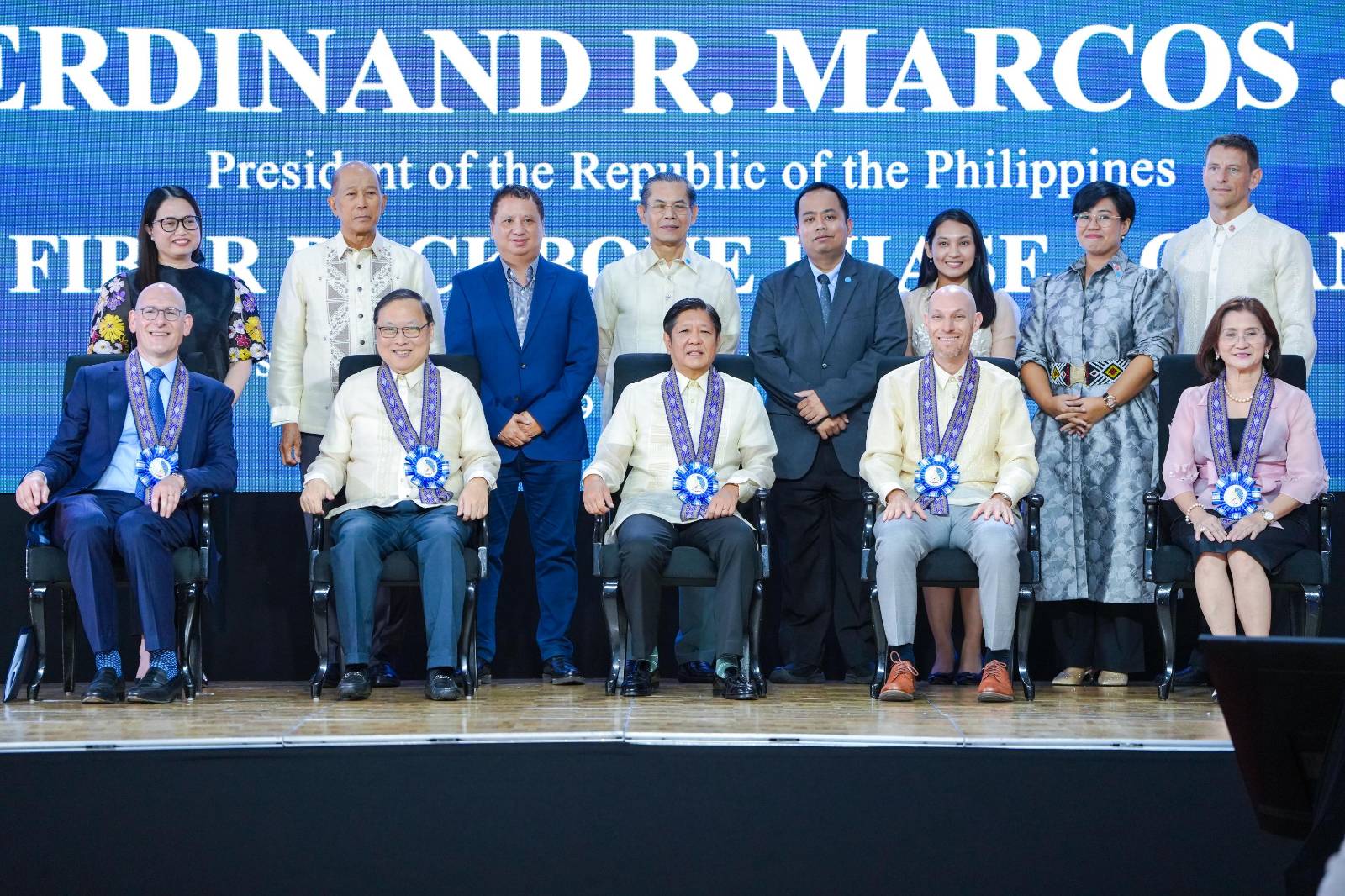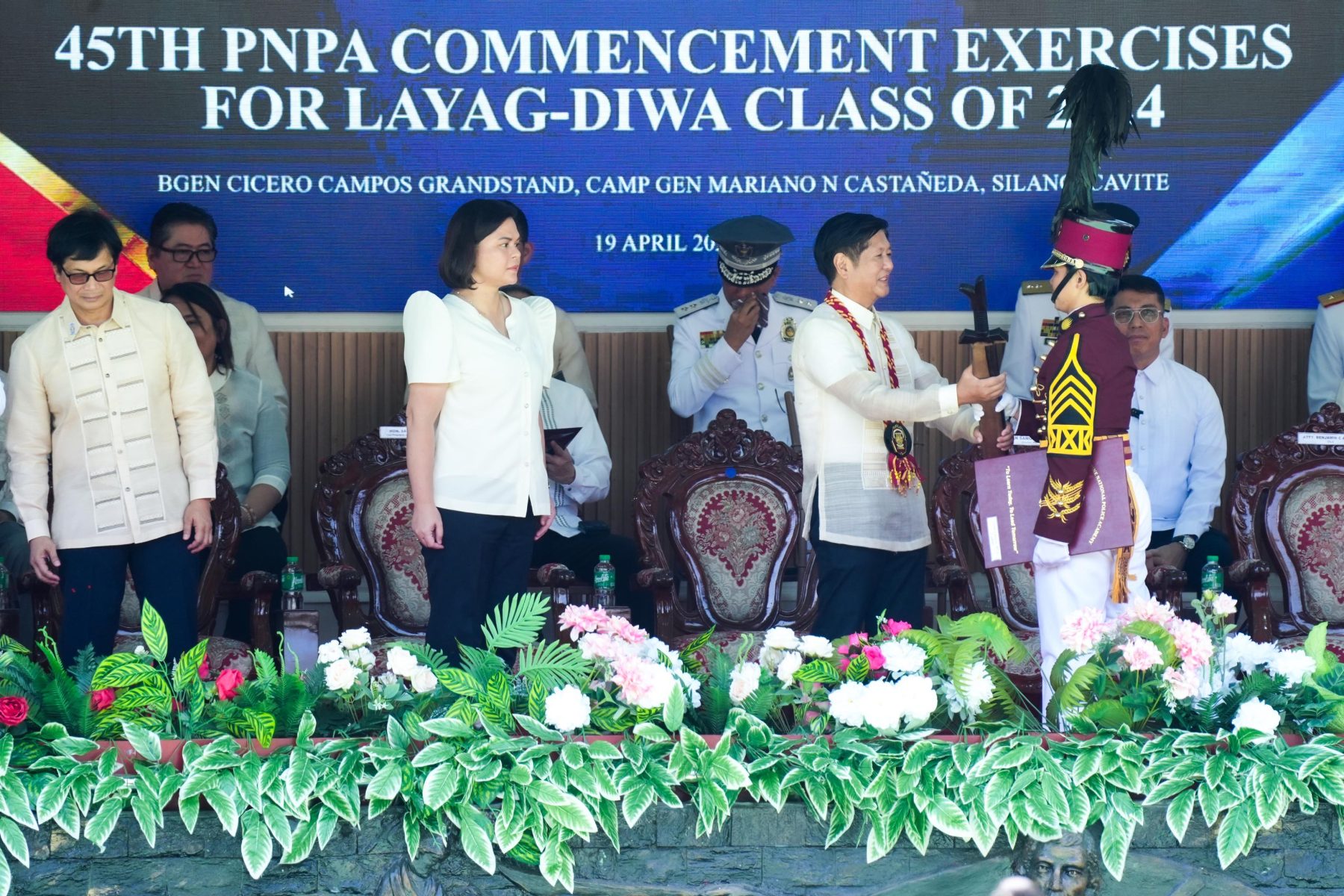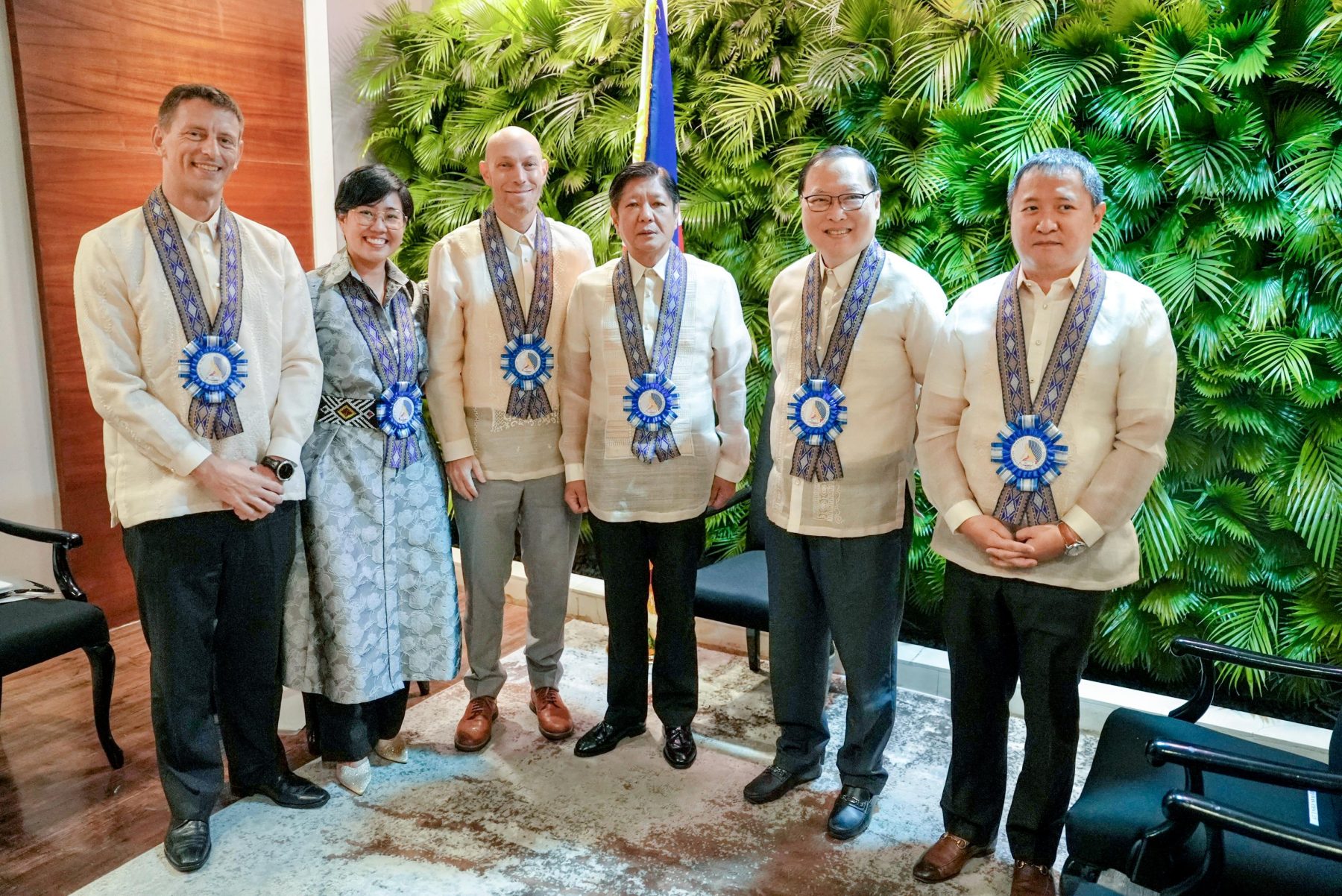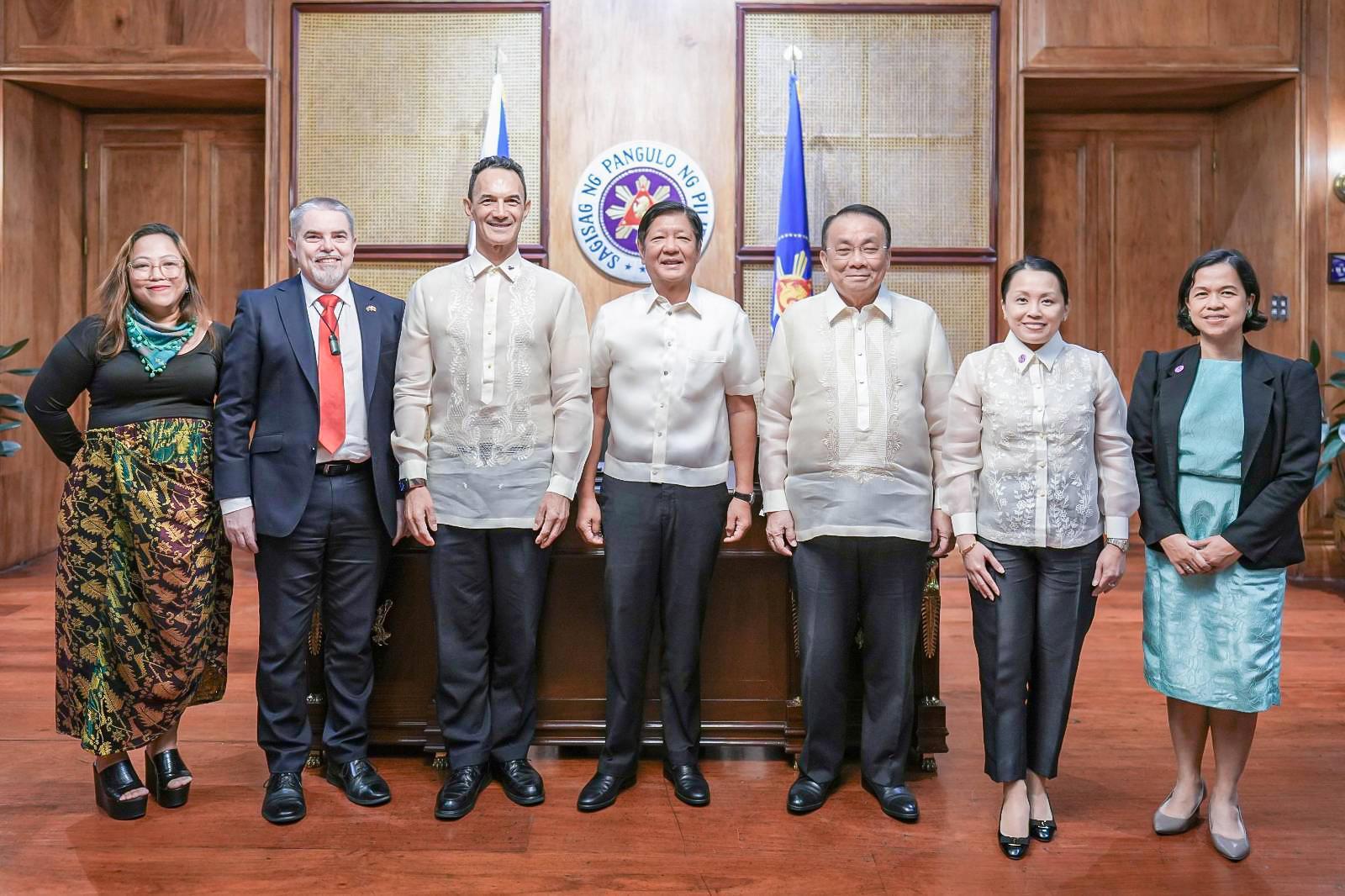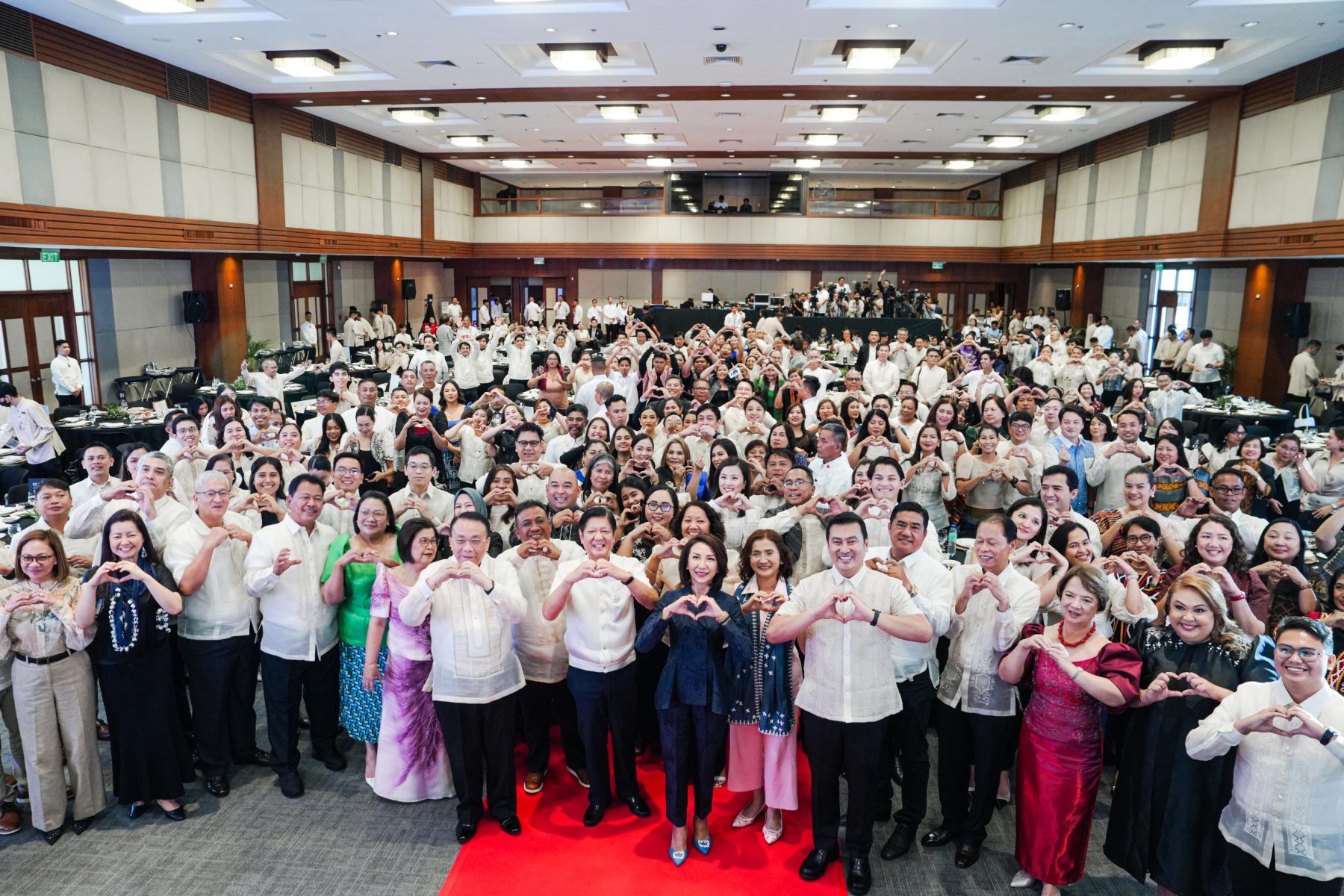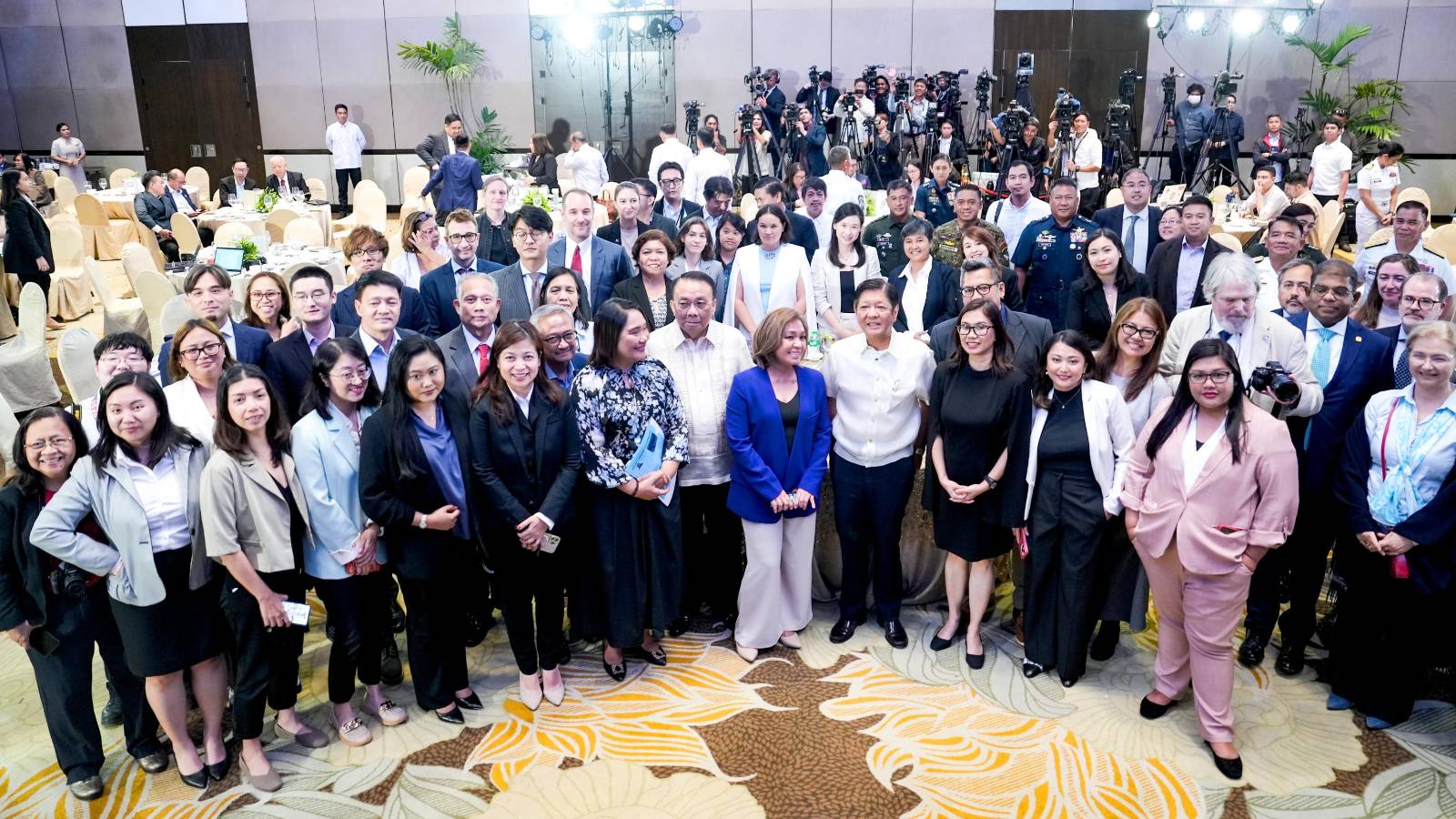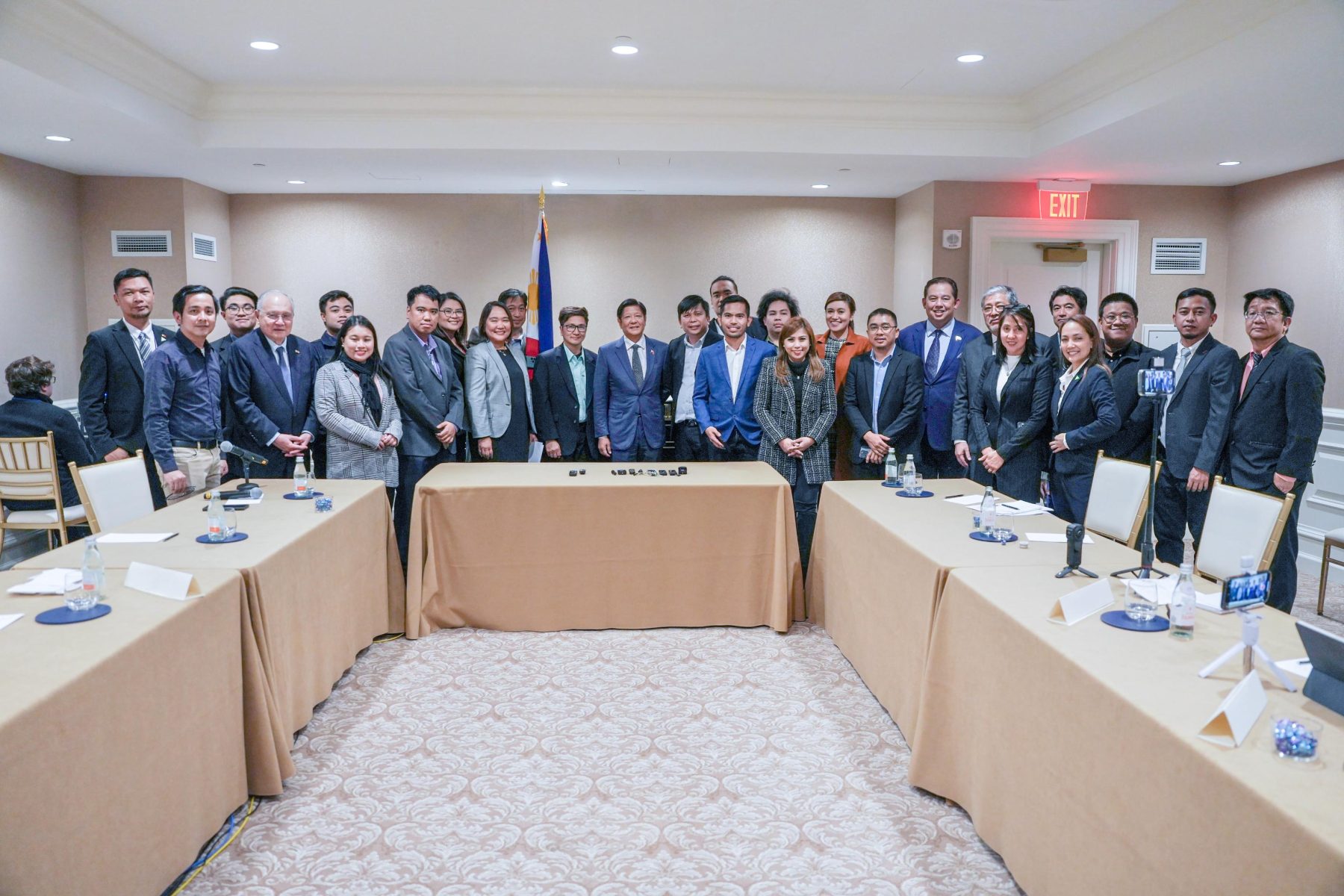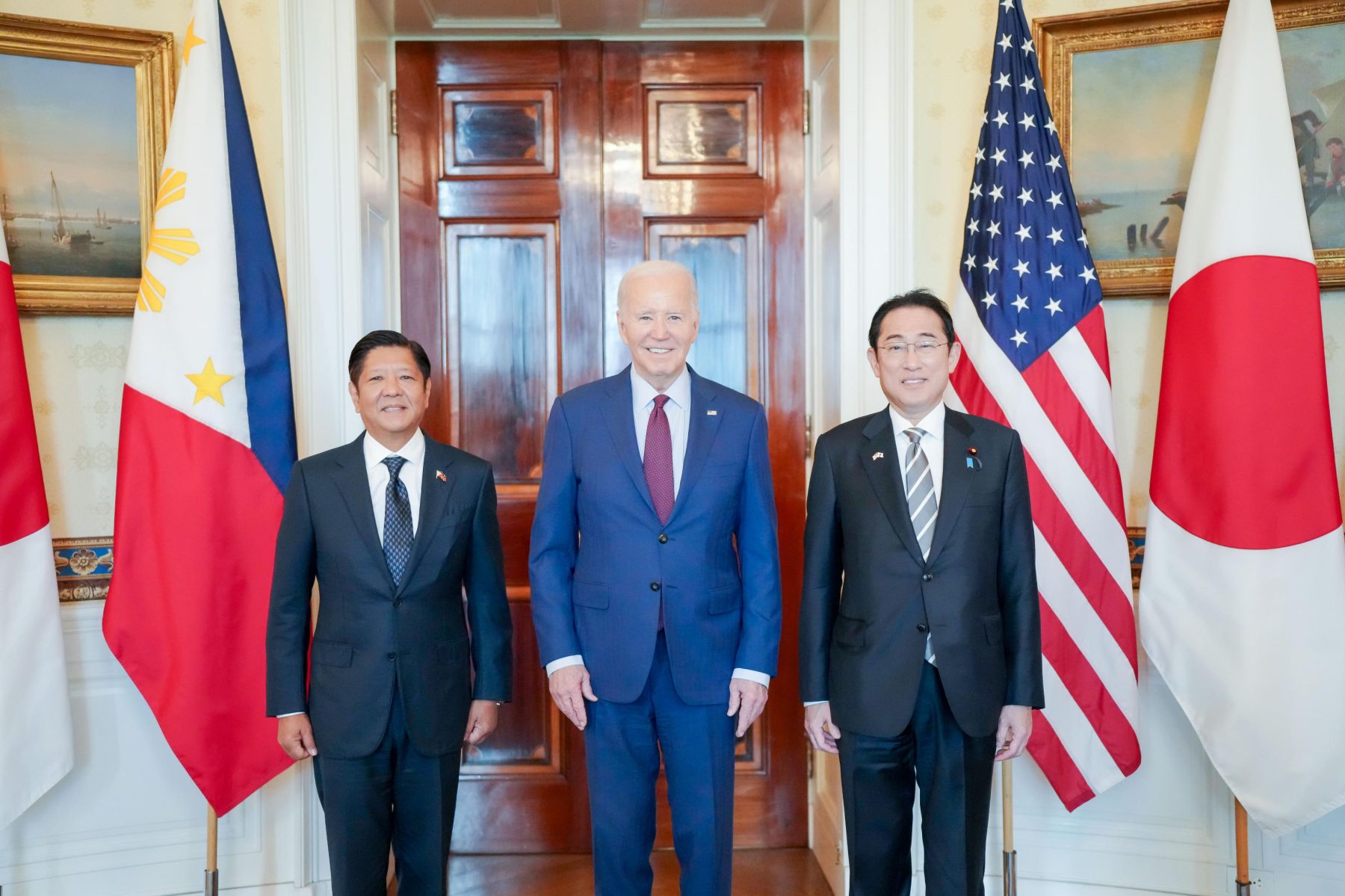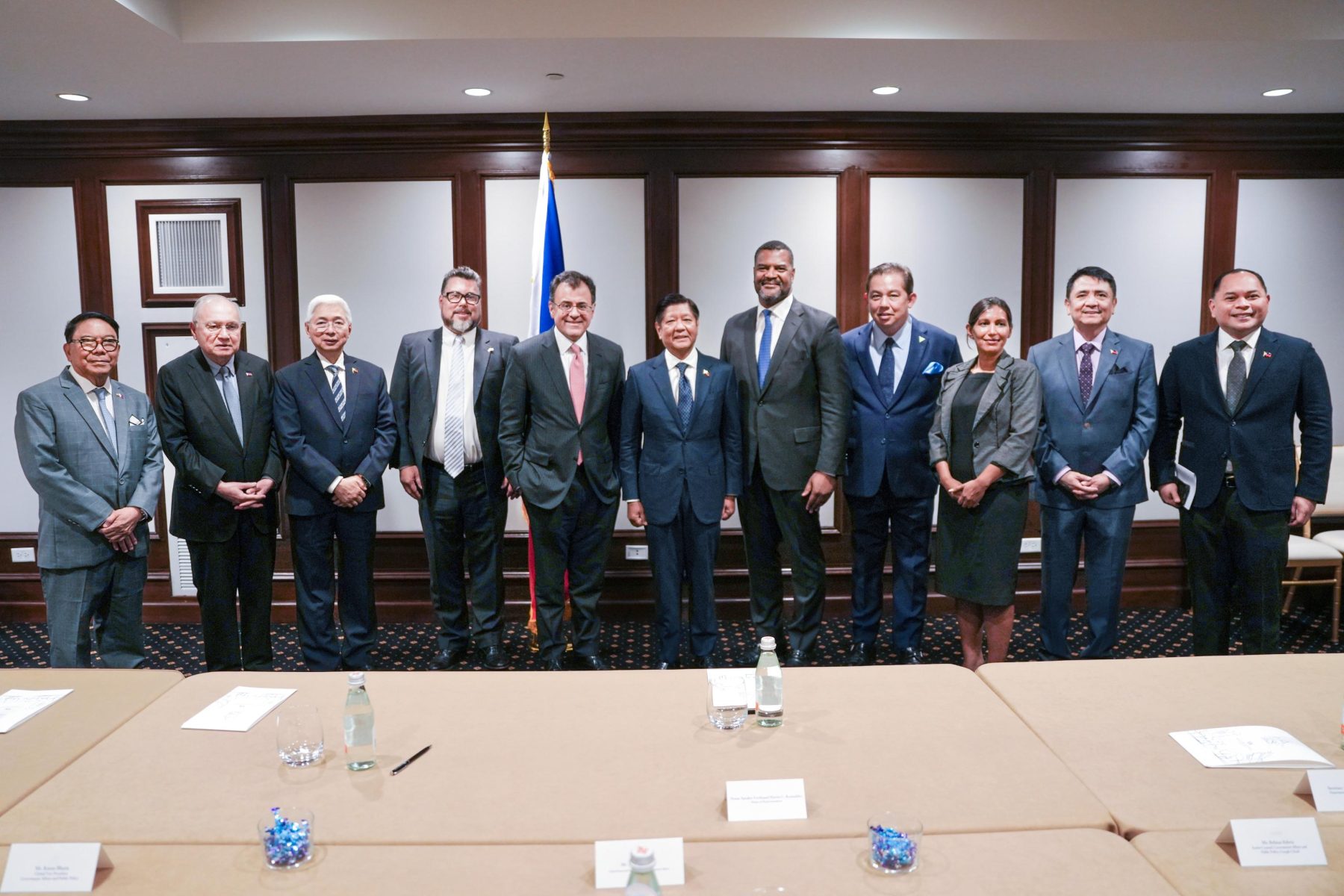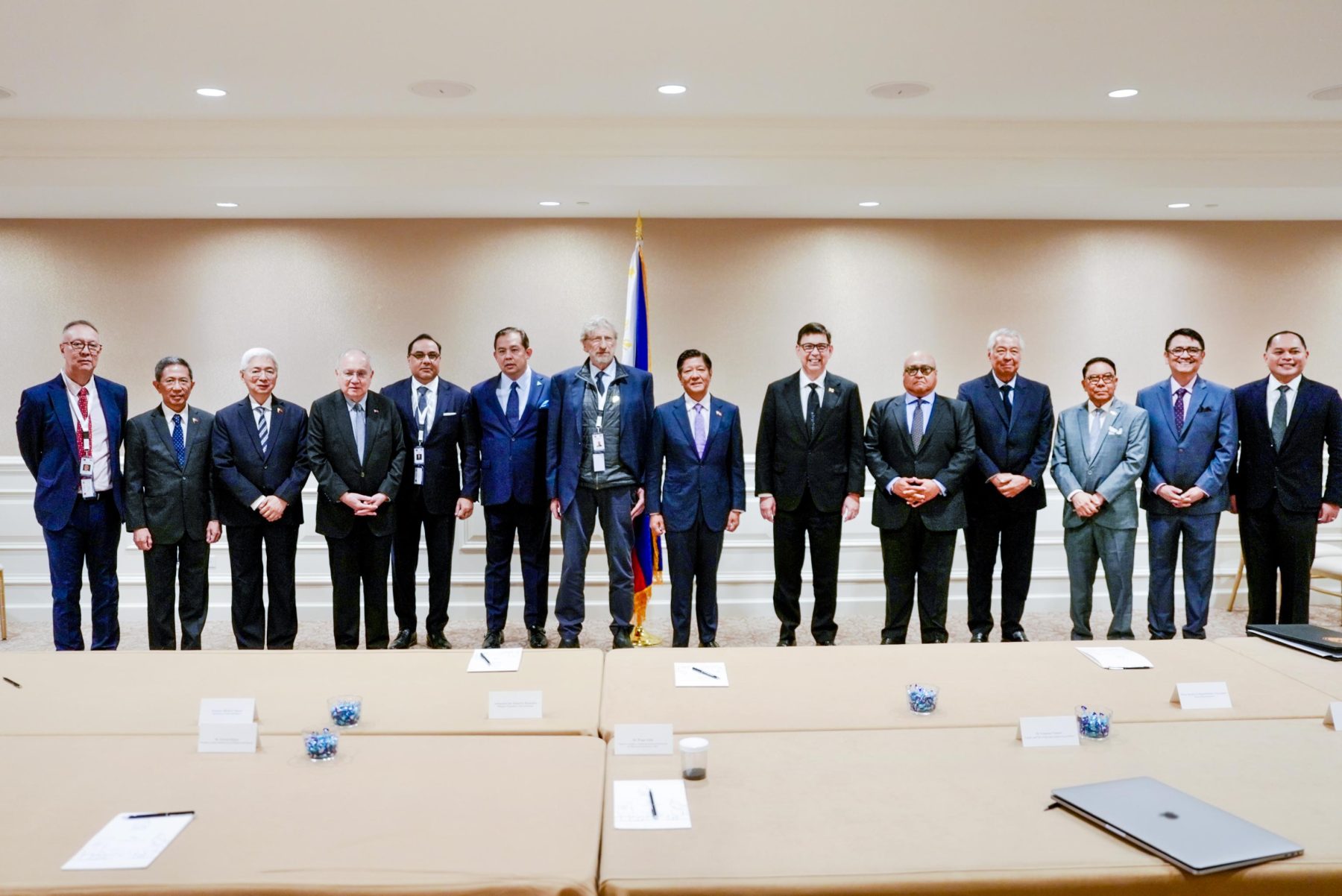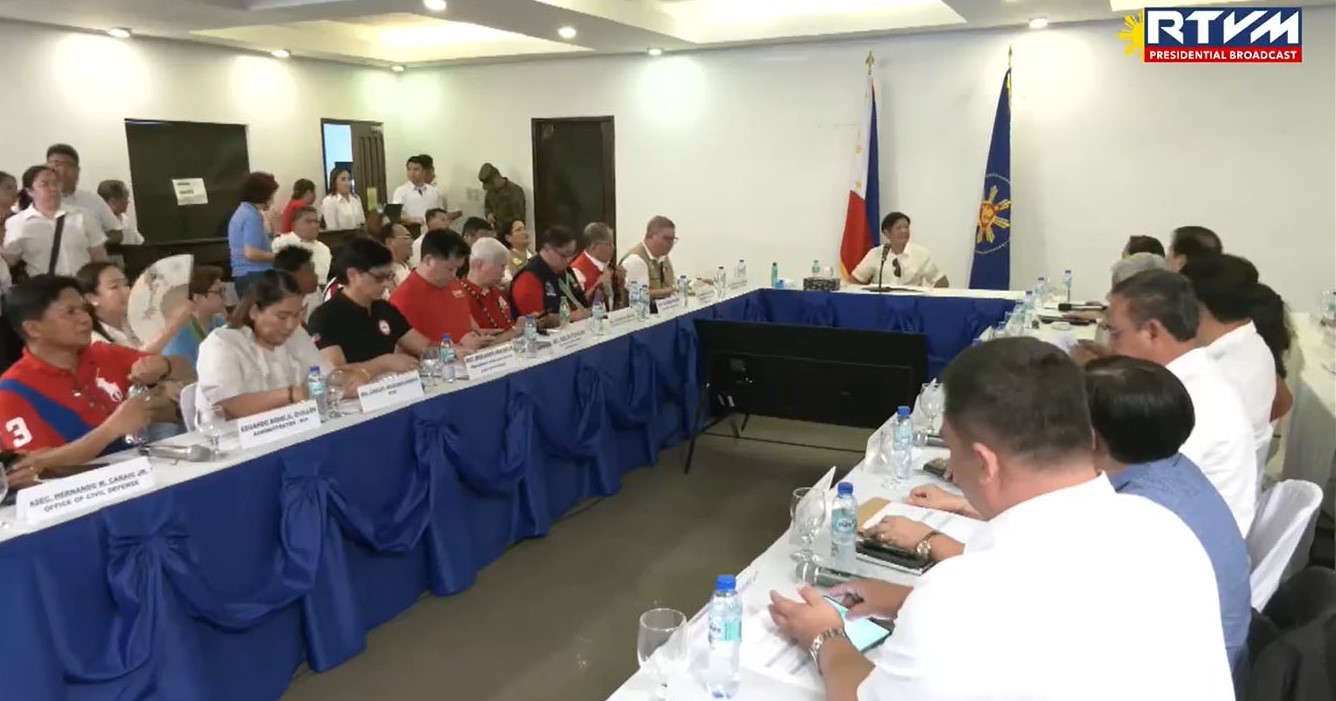May 17, 2015 – News Releases
 |
| 17 May 2015 |
APEC News Release |
|
|
| Experts address regulary capture during discussion on services |
| (BORACAY, Aklan) Member economies of the Asia Pacific Economic Cooperation (APEC) can do away with bad effects of regulatory capture by increasing transparency and carrying out regulatory reforms, experts said on Sunday.
During a public-private dialogue on manufacturing, agriculture and environment-related services at the Shangri-La Hotel here, a question was raised about how APEC economies could eliminate regulatory capture that damages the business environment. Juan Sebastian Saez from World Bank said one of their recommendations to clients is increasing transparency in their regulatory framework. “Transparency in terms of the rules in many countries we travel and we visit. What we found is that many of those that are not known we start with very basic terms which is transparency,” Saez said. For her part Sherry Stephenson, a senior fellow at the International Centre for Trade and Sustainable Development, said economies can move towards less regulatory capture by carrying out regulatory audits across several sectors. Also it must be ensured that regulation are on the board and keeping them up to date, she said adding that a World Bank study is targeting regulatory assessment tools. “There’s also regulatory impact analysis and having facilitated an APEC fora that can be used for this to access the relevance and pertinence and usefulness of regulation in any particular sector,” Stephenson said. “And lastly, a forum which puts regulators together with policy makers is always challenging but extremely useful and probably is one of the ways APEC might be thinking of moving in this direction,” she added. Glenda Reyes of USAID Trade Project Philippines also offered an insight noting that the next step is doing regulatory reform. “That’s one of the things that need be done to address the regulatory capture issue,” she said, who served as the moderator during Saturday’s discussion. The talks centered on services and inclusive growth. It tackled how enabling services can help transform traditional sectors such as manufacturing, agriculture and the environment infrastructure into modern and efficient, globally competitive industries. The session also addressed how trade and investment in services can lead to job creation and integration in the APEC economies involved. The public-private dialogue on services was organized by the APEC Business Advisory Council of the Philippines and the Pacific Economic Cooperation Council (PECC). PND (as) |
|
|
| Philippines urges middle-income APEC economies to enhance support for skills upgrades, innovation of SMEs |
| (BORACAY, Aklan) The Philippines is urging other middle income countries particularly Asia-Pacific Economic Cooperation (APEC) member economies to promote skills upgrades and innovation in small and medium enterprises (SMEs) to enable the poor to share the benefits of economic growth.
National Economic and Development Authority (NEDA) Asst. Director-General Rosemarie G. Edillon underscored the importance of this initiative to enable these middle income countries to graduate to high-income status. “Escaping the so-called middle income trap requires governments and the private sector — both firms and individuals — to do things differently and to continuously innovate to keep up with the growing demand associated with globalization,” she said at the sidelines of the APEC seminar on the middle income trap recently held here. Edillon said middle income countries need to upgrade their products and processes in the global value chains through focused interventions on SMEs and provisions for regulatory efficiency and greater incentives for skills upgrade. The NEDA official said it is imperative for these countries to “offer a level playing field to ensure inclusivity.” “Reforms in structural policies and regulations, infrastructure, education, and institutions, should be prioritized, as the main challenge really is to ensure that even the poor are able to participate in the growth process,” she added. The seminar discussed the challenges of middle income economies in sustaining economic growth to become high income economies. This will serve as an input to future APEC work on the area, especially to the Structural Reform Ministerial Meeting slated in September. The Philippines is hosting some 31 APEC meetings all over the country this year. PNA (lv) |
|
|
| Trade expert: Agriculture sector must join the value chain to access modern technology |
| (BORACAY, Aklan) Players in the agriculture sector must actively participate in the value chain to have access to innovation and modern technol0gy, an expert said on Sunday.
During the APEC Public-Private Dialogue (PPD) on Services here, a particular emphasis was given on the possibility of technology transfer within APEC especially in agriculture to achieve inclusive growth. As a response, Sherry Stephenson, a senior fellow at the International Centre for Trade and Sustainable Development, said players in poorer APEC economies must join the value chain rather than wait for other initiatives to have access to modern technologies. Generally speaking, technology transfer results in efficient production patterns as well as more trade because currently the world is already interlinked through modern communication, Stephenson said. “In the case of agriculture perhaps it might be slightly different but overall on technology terms, the best ways to look at technology transfer is by participating actively in this network production patterns,” she said. “Because a lot of the participation in the value chain actually allow us for access to innovation and technology that is used elsewhere, that is not use at home,” she added. This process innovation in services actually leads to a tremendously more efficient way of capturing productivity gains, Stephenson noted. And services is more process innovation, she said, adding that often it captures the productivity gains rather than the actual innovation in certain products. The issue of technology transfer cropped up Sunday during the dialogue because of the huge gap between farm gate prince and retail price in agricultural products especially in the Philippines. Agriculture sector in the country is the biggest and yet the poorest compared to other sectors, and giving farmers modern technology would allow them to produce more and improve their lives. The 2015 series of Public Private Dialogues (PPD) on Services is designed to engage the public and private sectors as services providers and users in a fruitful discussion on how to increase the competitiveness of services in the Asia Pacific region. PND (as) |
|
|
| Palace cites need to criminalize non-compliance to occupational safety law |
| Following the fire that killed at least 72 individuals in Valenzuela City, the Palace on Sunday reiterated the need to criminalize the non-compliance with laws and regulations pertaining to occupational safety and health.
“We reiterate the strong stand taken by the government through the Department of Labor and Employment (DOLE) on the need to criminalize non-compliance with laws and regulations pertaining to occupational safety and health,” said Presidential Communications Operations Office Secretary Herminio Coloma, Jr., in a radio interview over dzRB Radyo ng Bayan. According to Labor and Employment Secretary Rosalinda Baldoz the existing regulations were enacted in 1978 and has no criminal penalties. “We urge our lawmakers,” Secretary Baldoz noted, “to seriously see our plea for the enactment of these measures in a positive light, and that is for the ultimate welfare and protection of our workers, and the delivery of labor justice by punishing heartless employers.” Coloma also noted that Secretary Baldoz had summoned officials of Kentex Manufacturing Corporation, the company that owns the gutted slipper factory and warehouse in Valenzuela City, along with its subcontractor, CJC Manpower Services, to a special meeting with the DOLE on Monday (May 18). Initial DOLE findings show that CJC is an unregistered subcontractor. Unscrupulous employers reportedly turn to subcontracting some services to avoid complying with minimum wage laws and other government-mandated compensation and benefits. Coloma added that the DOLE and its attached agency, the Employees Compensation Commission (ECC), are looking into the needs of the families of the victims of the fire. “According to Secretary Baldoz, they will assist the families of those who perished in the fire in facilitating their claims for benefits such as loss of income benefit, funeral and death benefits. Those who were injured can also claim medical reimbursements under existing labor laws,” said Coloma. An interagency task force made up of the Department of Interior and Local Government, Bureau of Fire Protection, Department of Justice, National Bureau of Investigation, DOLE and the Department of Health has been directed to conduct a thorough investigation of the recent fire to determine security and safety lapses and to recommend the filing of appropriate charges based on its findings. PND (ag) |
|
|
| Palace joins nation in celebrating El Gamma Penumbra’s victory in ‘Asia’s Got Talent’ |
| Malacanang on Sunday said it joins the nation in celebrating El Gamma Penumbra’s victory in the finals of the “Asia’s Got Talent” held in Singapore.
“Kaisa kami ng buong sambayanan sa pagdiriwang ng pagiging kampeon ng community theater group na El Gamma Penumbra sa kagaganap na finals ng “Asia’s Got Talent” competition sa Singapore,” said Presidential Communications Operations Office Secretary Hermnio Coloma, Jr., in a radio interview with dzRB Radyo ng Bayan. “Sadyang kahanga-hanga ang kanilang presentasyon hinggil sa kahalagahan ng paggalang kay Inang Kalikasan at pag-alaga sa mga likas na kayamanan ng daigdig,” he added. On Saturday, a motorcade was held in the group’s hometown in Tanauan, Batangas following the shadow dance group El Gamma Penumbra’s winning performance in Singapore. The group also made a repeat performance in the Sunday noon time show ASAP earlier Saturday, where they received a warm welcome. The group won US$100,000, or about P4 million, and an opportunity to perform in the prestigious stage of Marina Bay Sands in Singapore. They won over the Mongolian cultural performer, Khusugtun. “Kapuri-puri din ang 10-gulang na mang-aawit na si Gwyneth Dorado at ang Junior New System dance crew na kabilang din sa siyam na finalists. Mabuhay ang Filipino talent; taas-noo sa buong mundo,” said Coloma. The competition’s judges were Grammy-winning composer-producer David Foster, Indonesian pop star Anggun, ex-Spice Girl Melanie C, and actor-singer Van Ness Wu. PND (ag) |
|
|





